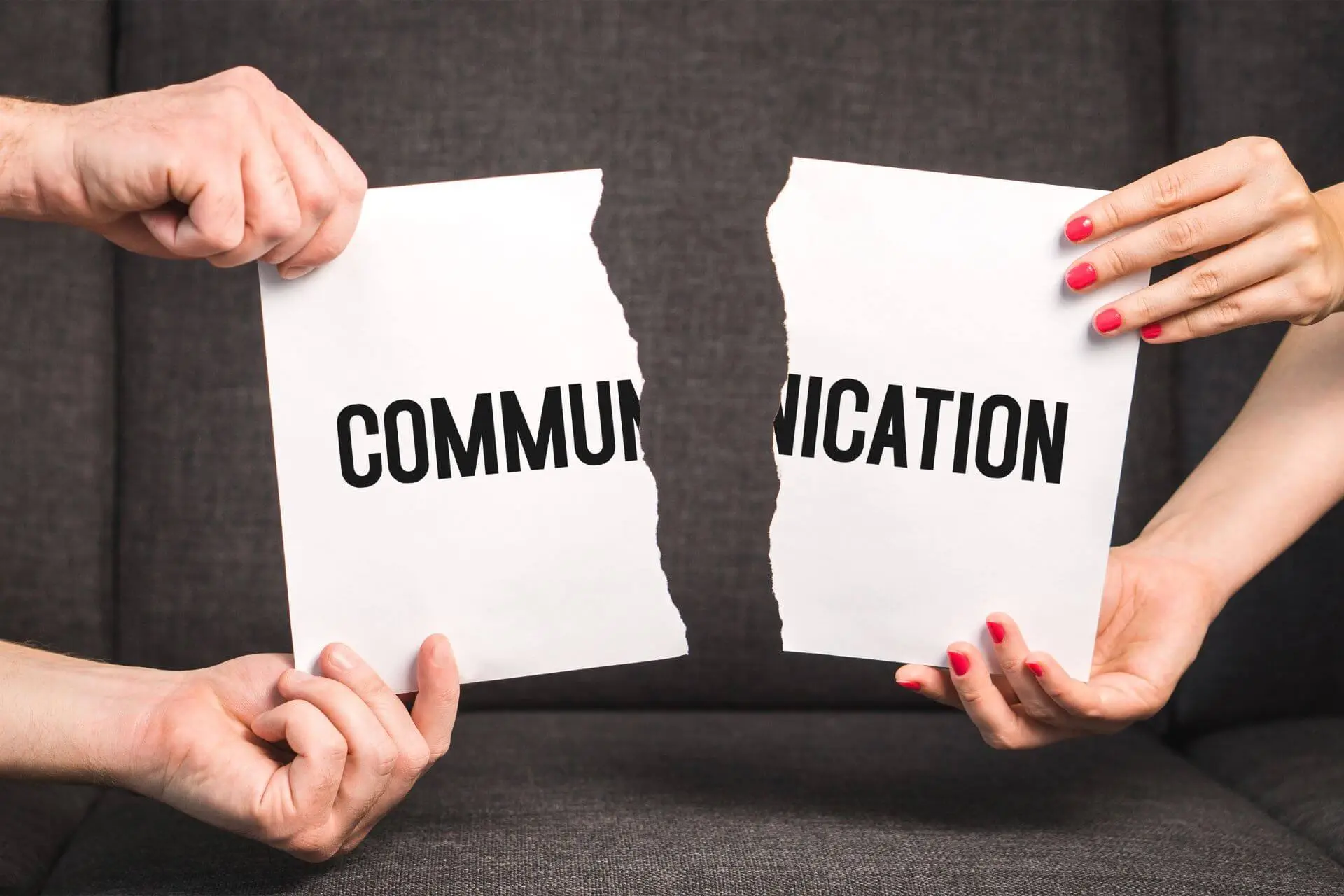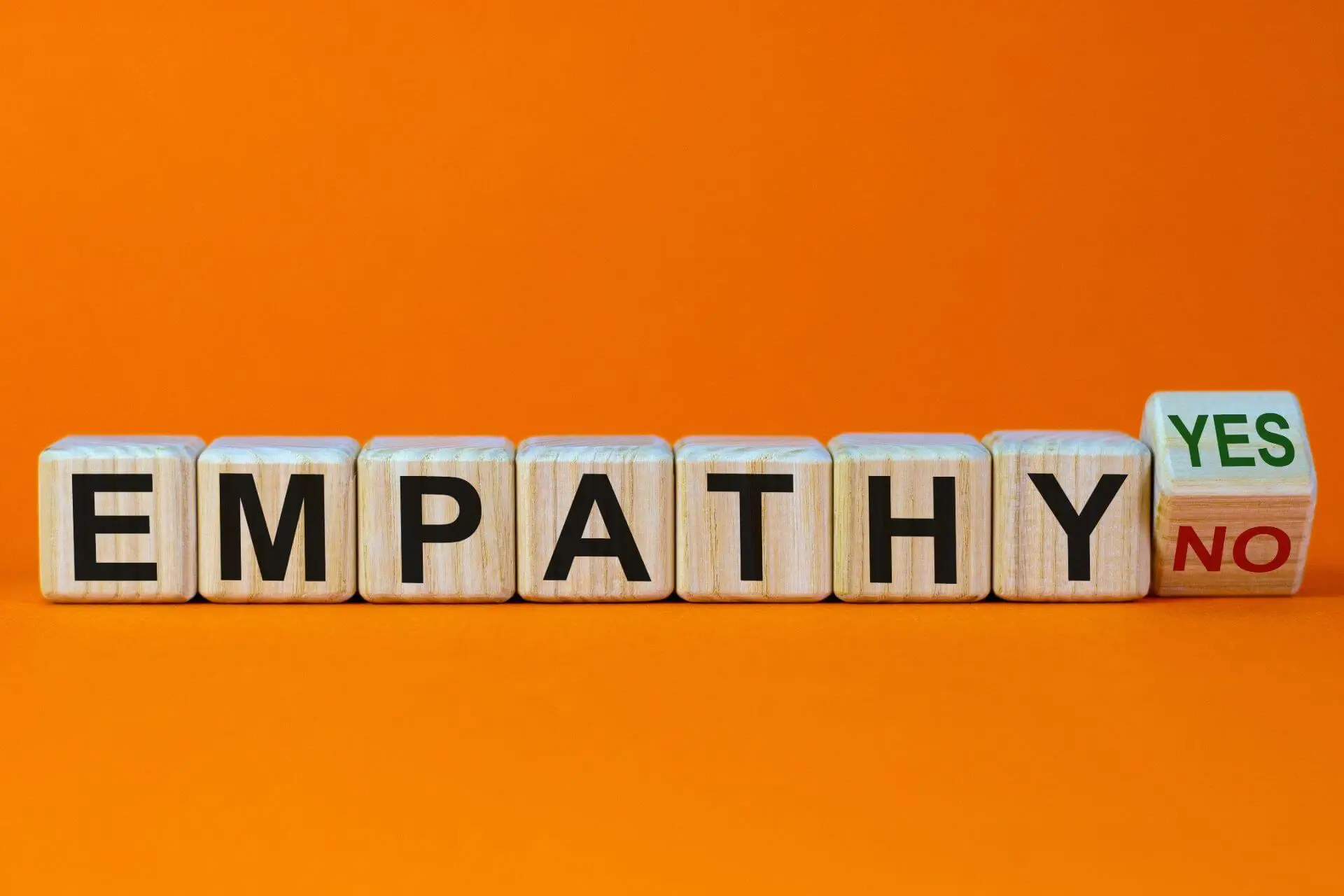
Perhaps especially during the holiday season, our relationships are put under the test like no other time. But all year round there are trials, tribulations, and temptations that need to be responded to in the right way.
This is to avoid relationship problems – and even the deterioration and end of a relationship. It is true in all our relationships, but maybe especially relevant for our romantic relationships.
A successful relationship needs honest and open communication at all times. It also needs both partners to put an equal effort into working at and maintaining the relationship.
A strong healthy relationship will grow in a positive way over time. But these days too many relationships that start strongly seem to just wither away. There are some common aspects in these sorts of unhealthy relationships that seem destined to die. Here are seven of the most deadly transgressions and errors that people make in their relationships.
1. Not communicating

It sometimes seems as if one of the partners in a relationship thinks the other can read their mind. But, of course, nobody can do this – and so people need to talk to each other. This is not just about any issues one might have with the other but in general. In a healthy relationship, each partner should know about the other’s wishes, aims, and also any problems they have. A healthy relationship means two people walking through life together, not cramping each other’s potential for full growth, but side by side – and always talking and listening to each other. It also means being aware of and respecting someone else’s healthy boundaries, as well as having your own that you can make others aware of when necessary.
2. Sloth

One certain thing that can cause a healthy relationship to turn into an unhealthy one is when one or both partners appear to give up on making the relationship work well and prosper as time goes on. Most things in life that are positive need to be worked on, to be maintained. If someone regularly went to the gym for a year they would get toned up and healthy. But if they stop going, especially if combined with lazy habits regarding what they eat, they will lose what they’ve gained. It’s exactly the same with our relationships. Relationships start and grow because we put effort into them. But as soon as sloth towards a relationship creeps in, that relationship will start to suffer. So it means making quality time to be together and being kind to each other. Don’t get lazy about being intimate – and don’t be slothful about showing love for the other person in all ways too.
3. Not having empathy

Empathy is defined as “the ability to understand and share the feelings of another”. It causes a great deal of life’s problems in that someone can never seem to have any empathy for others. In a close relationship, these problems are exaggerated and the damage is seen more quickly. We always have to acknowledge other people’s feelings, even if we cannot understand why they have them. In a relationship, seeing the world and the relationship through the eyes of the other person will go a great way to making and keeping the relationship healthy.
4. No compromise

This can be seen as all take and no give – or greed to consider it in another way. Compromise derives from words meaning “together promise”, which is exactly what wedding vows are. A promise is a declaration or assurance that one will do something or that a particular thing will happen. Yet all too often there is no compromise in a relationship. One partner makes all the decisions and choices without considering – or even asking – what the other person would like or feels about something. There needs to be balance in how much both partners put into the relationship, and there always needs to be consideration of the other person’s wishes and needs.
5. Resentments

One reason for resentment is if one person feels like they are being ignored in a relationship. This often comes from a lack of empathy and there is no compromise in that relationship. These resentments can build and soon feel like they are too heavy to hold any longer. This can signal a relationship break-up. Resentments kept inside can lead to depression. Even in a healthy relationship, there are likely to be some resentments, but there are two key things to do to stop them from building. Either consider that it is not really that important and let it go – but ensure it really is gone, and find forgiveness. The other important way to resolve resentment is to talk about it. But ensure not to do so in a confrontational way. So, for instance, speaking calmly, start a phrase with such as: “I feel this way about this particular aspect of our relationship…”
6. Jealousy

A certain amount of jealousy is given to all of us as a character trait that helps us survive, and protect our relationships. But excessive jealousy is never healthy and it is toxic to a relationship. Of course, a partner in a romantic relationship can play their part in this – if for example you go out for an evening and they are openly flirting all evening with another person or others in general. But it’s also useful to know that jealousy increases when someone has low self-esteem. In fact, jealousy and self-esteem can be seen to be on scales, so that when one is up it means the other is low and vice versa. This is something that can be looked at in therapy – to see if there are childhood issues that perhaps play a big part in this insecurity. Healthy relationships are always built on trust.
7. Lust

Lust is when sexual desire is self-centered and selfish. Lust is only about one of the partners, and they might, for instance, be putting their sexual demands on the other without paying attention to what the other partner wants in this way. Empathy and compromise are useful here as more often than not one partner’s sex drive will be different to the other’s drive. Obviously, if lust leads to infidelity it usually signals the end of a relationship as most partners will not accept being cheated on like this. Some couples do work through it and it is possible to build on what caused the infidelity to make the relationship healthy once more.
If you or someone you care about is having relationship issues, there is always a solution. Finding this solution usually means talking with a professional who has expertise in relationships.
Get in touch with us today to discuss how we can help you or someone you care about. Our team of experts has successfully treated people with all types of mental health problems and emotional disorders.



Leave a comment